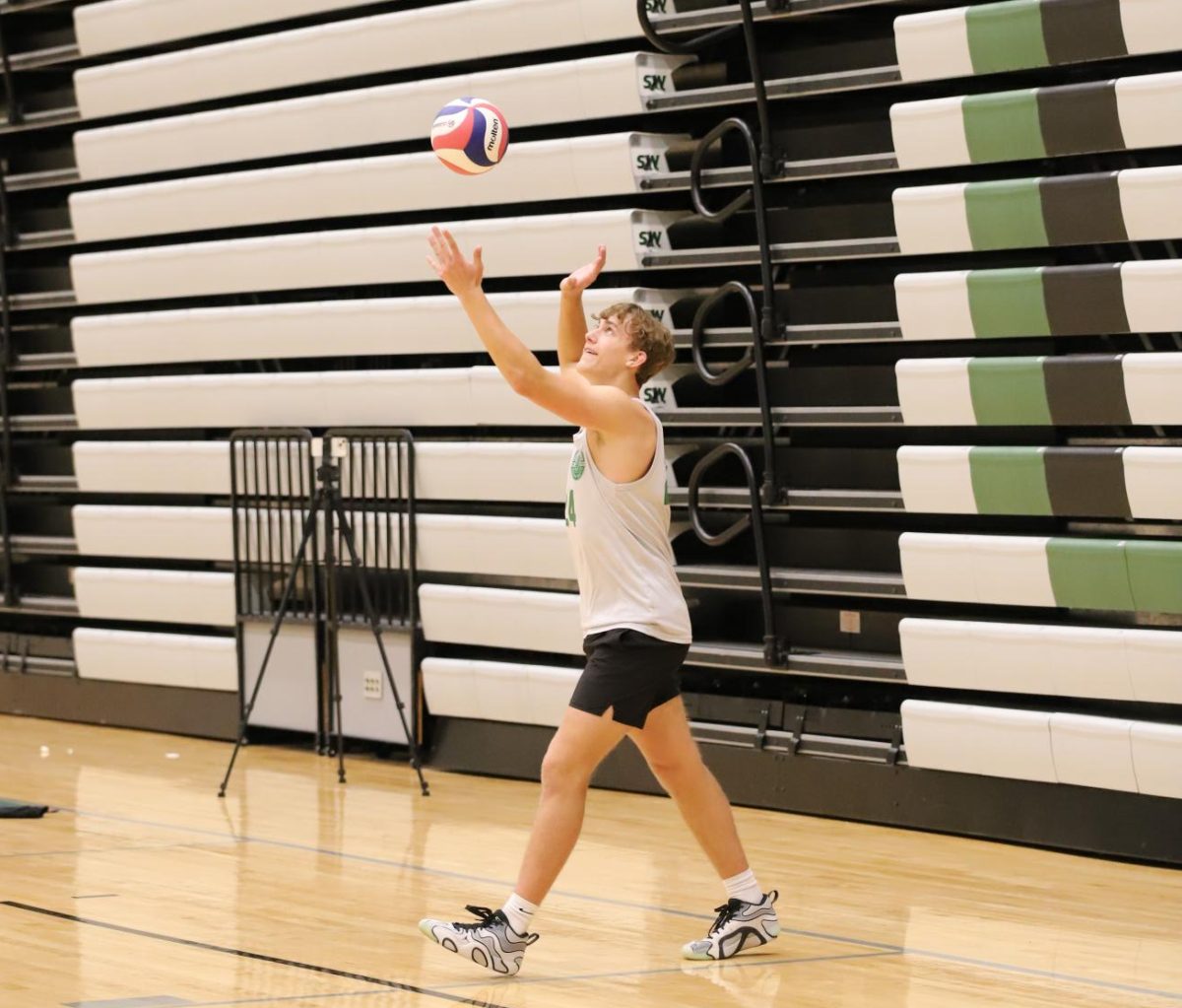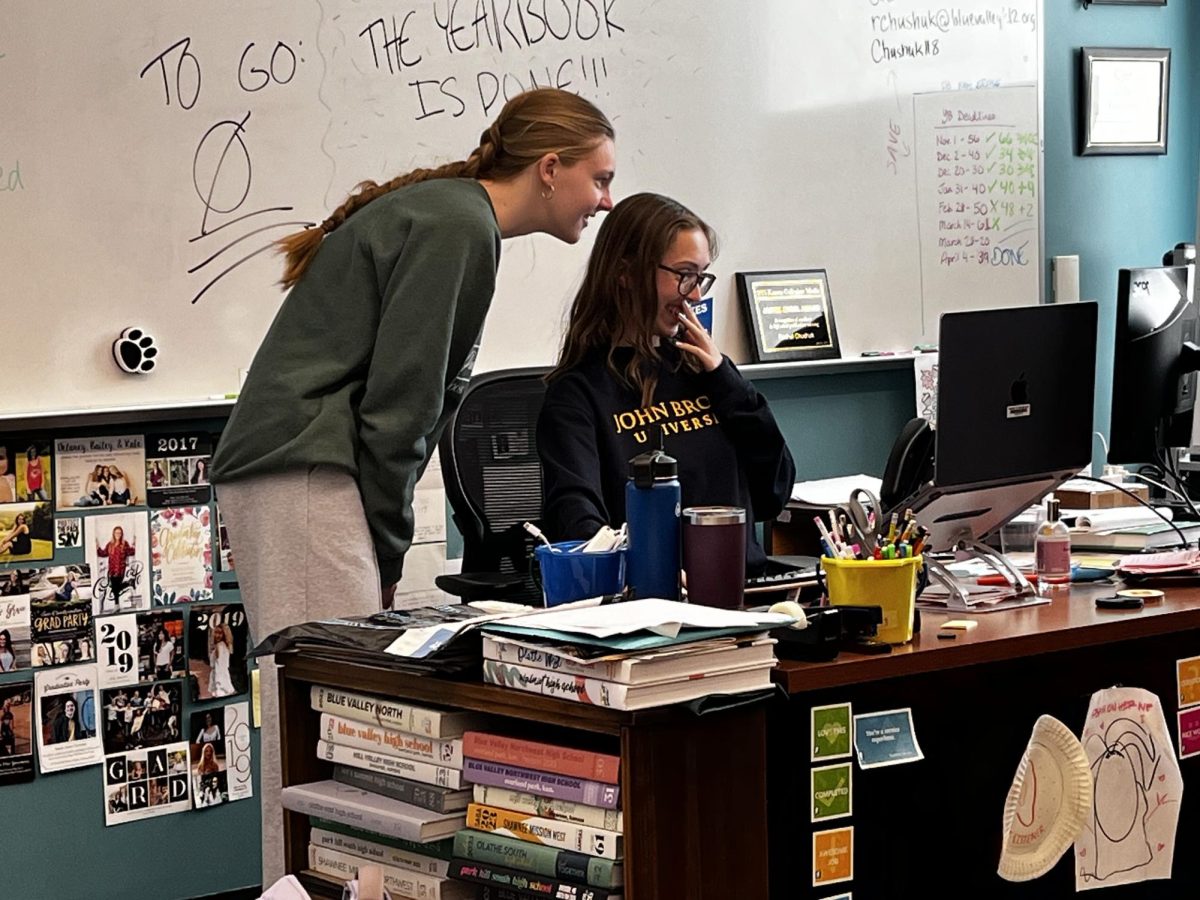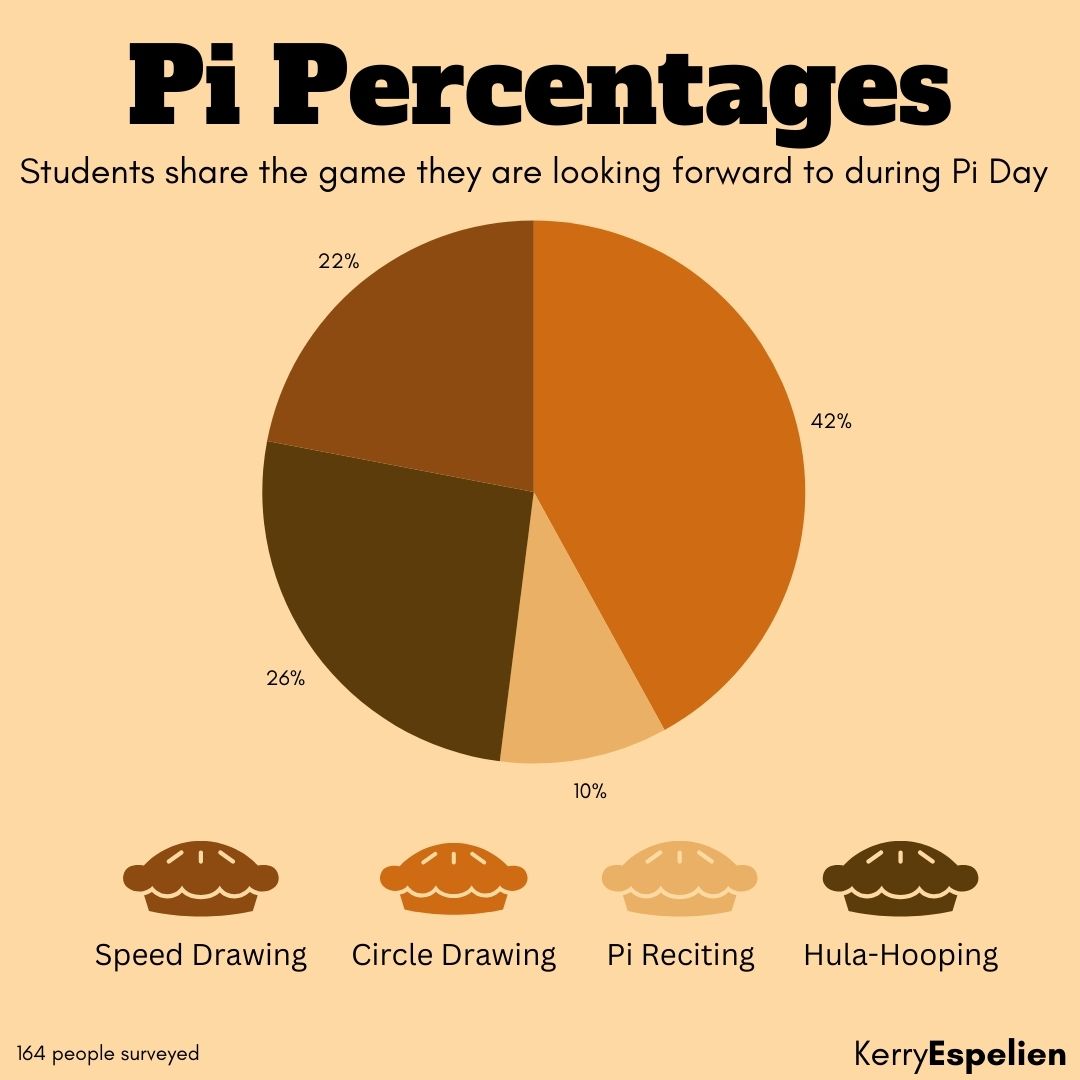1. “One of the best things everyone can do is to take pictures of important documents: birth certificates, bank account numbers, credit cards, etc and put it on a disc or flash drive and put it in a safe spot, possibly away from your house.”
Any kind of information that is important to leading your life; save it. If your house is destroyed in a disaster, those important documents may never be seen again. Be sure to have a second copy, or a third, in a designated safe place. Things like fire boxes, or ‘tough-cases’ that can withstand heavy impact would be ideal containers for these documents. You could stockpile the hard copies, or take the electronic route, taking pictures of them and keeping them on a drive for safekeeping, if you choose to use a drive, be sure it is in a watertight location.
2. “You should have a safe place to meet if people get separated. Somewhere everyone knows and is accessible.”
In the event of a disaster, the brain can solely concentrate on an escape. After you have managed to get away from harms way, be sure you know where to go after you are safe. Designate a place that you would be able to meet your family, a place everyone knows. That way you can regroup after a disaster. School disaster drills may be an easy way to miss class time, but a family drill may be helpful when you live in Tornado Alley. Get your family together and plot out escape routes to a safe spot. Be sure that everyone in your family would be able to make it there.
3. “As always, having your supplies is good and always grab your shoes if you have to leave your house.”
Always lace up your shoes. While it may seem crazy to take the time to grab your sneakers when the wind is out to get you, but shards of broken glass and other debris may litter the ground after a fire or tornado depending on the severity. You need to protect the bottoms of your feet from anything sharp you may not be able to step over. Pack up an emergency kit and hide it in a safe place. Fill it up with anything and everything you might need when you don’t have anything left. Be sure that it has the things you’ll need. Clothing, food, first- aid supplies or even some extra cash.
Sisk’s extra tip: “There are apps you can get for your phone that alerts you to severe weather. I think that would be awesome. Go to National Weather Service and see if you can get it downloaded.”








